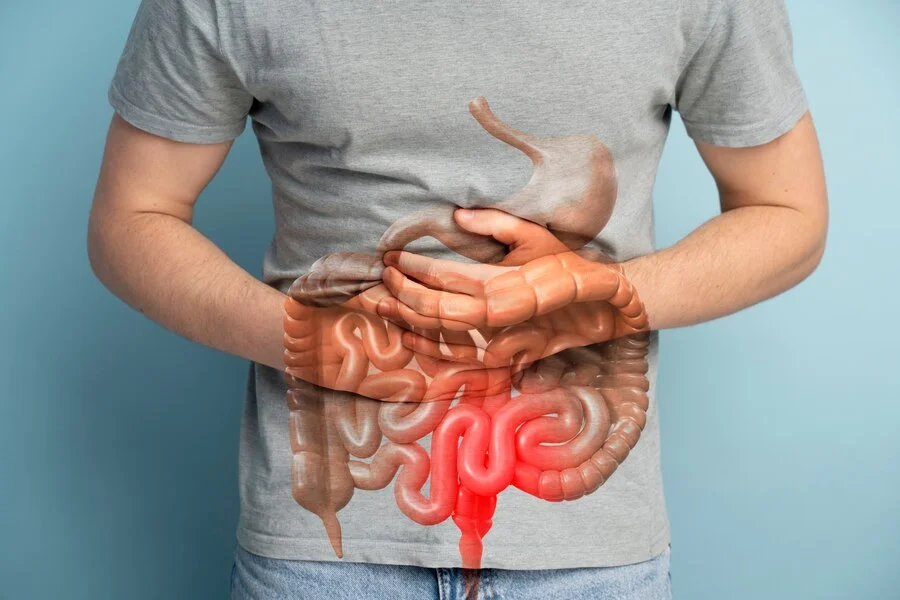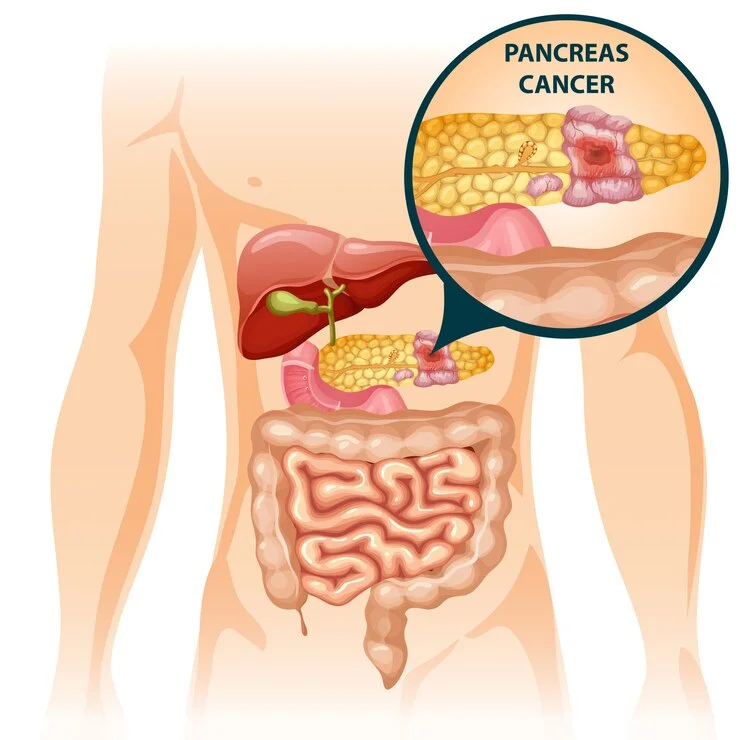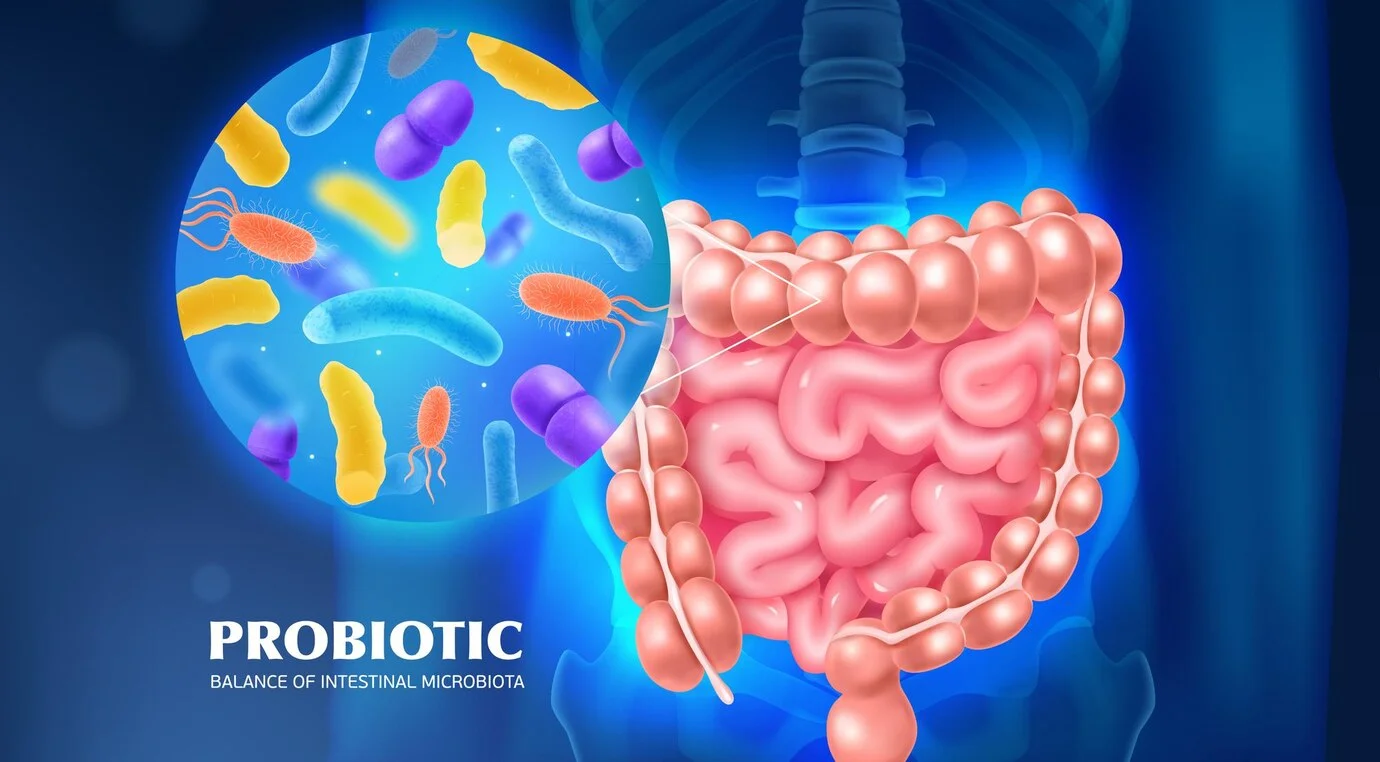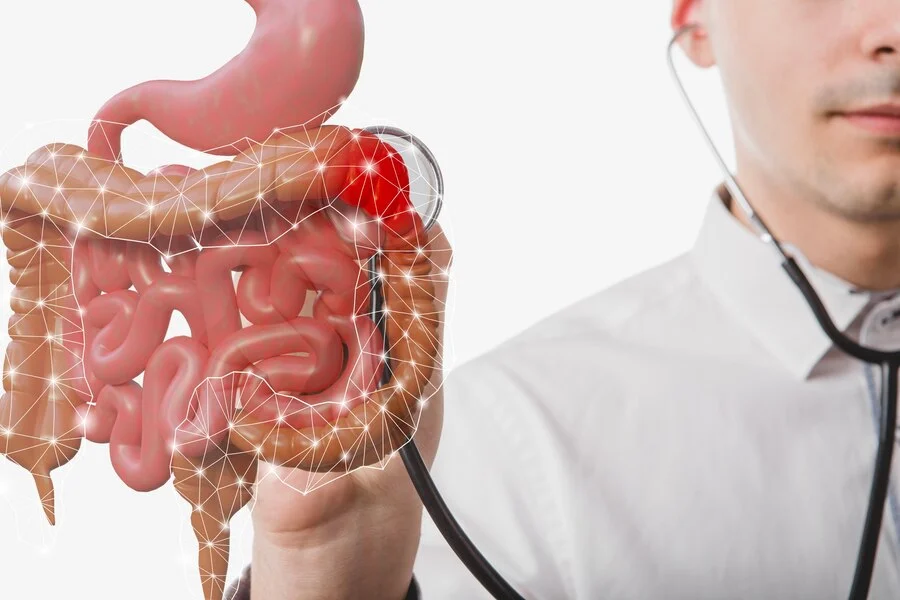Navigate the Complexities of Digestive Health with Insights, Strategies, and Support
In the intricate ecosystem of the human body, the digestive system
plays a pivotal role in processing nutrients, eliminating waste, and maintaining overall
health and vitality. However, when this delicate balance is disrupted by digestive
disorders, individuals may experience a range of uncomfortable symptoms and challenges. Join
us as we explore the landscape of digestive disorders, unravel their mysteries, and champion
strategies for diagnosis, management, and well-being.
Understanding Digestive Disorders:Demystifying the Complexity of Gastrointestinal
Health
Digestive disorders encompass a broad spectrum of conditions that
affect the gastrointestinal tract, ranging from mild discomfort to debilitating symptoms.
Common digestive disorders include gastroesophageal reflux disease (GERD), irritable bowel
syndrome (IBS), inflammatory bowel disease (IBD), celiac disease, and peptic ulcers, among
others. These conditions may arise from a variety of factors, including genetics, diet,
lifestyle, stress, medications, and environmental triggers.
The Gut-Brain Connection:Exploring the Intricate Link Between Mind and Digestion
Emerging research continues to underscore the intricate connection
between the gut and the brain, often referred to as the "gut-brain axis." This bidirectional
communication system influences not only digestive health but also mood, cognition, and
overall well-being. Stress, anxiety, and other emotional factors can exacerbate symptoms of
digestive disorders, while interventions such as mindfulness, relaxation techniques, and
cognitive-behavioral therapy may offer relief and improve outcomes.
Navigating Symptoms and Diagnosis:Identifying Signs and Seeking Professional
Guidance
Symptoms of digestive disorders vary widely depending on the specific condition and may
include abdominal pain, bloating, gas, diarrhea, constipation, nausea, vomiting, and changes
in bowel habits. If you experience persistent or severe symptoms, it's essential to seek
prompt evaluation and diagnosis from a healthcare professional. Diagnostic tests such as
endoscopy, colonoscopy, imaging studies, blood tests, and stool samples can help identify
the underlying cause of your symptoms and guide treatment decisions.
Lifestyle Modifications:Empowering Strategies for Digestive Health
While treatment approaches for digestive disorders may vary depending on the specific
condition and severity of symptoms, lifestyle modifications often play a central role in
managing symptoms and improving quality of life. Dietary changes, such as avoiding trigger
foods, increasing fiber intake, and staying hydrated, can alleviate symptoms of digestive
disorders. Regular exercise, stress management techniques, adequate sleep, and smoking
cessation may also contribute to overall digestive health and well-being.
Medication and Therapeutic Interventions:Harnessing the Power of Modern Medicine
In addition to lifestyle modifications, healthcare providers may prescribe medications or
recommend therapeutic interventions to manage symptoms and treat underlying causes of
digestive disorders. These may include proton pump inhibitors (PPIs) for GERD, antispasmodic
medications for IBS, anti-inflammatory drugs for IBD, antibiotics for bacterial overgrowth,
and dietary supplements for nutrient deficiencies. In severe cases, surgical procedures may
be necessary to address complications or restore normal gastrointestinal function.
Support and Resources:Finding Compassionate Care and Community
Living with a digestive disorder can be challenging, but you don't have to navigate this
journey alone. Seek support from healthcare providers, dietitians, mental health
professionals, and support groups specializing in digestive health. These resources can
offer guidance, encouragement, and practical strategies for managing symptoms, advocating
for your needs, and improving your overall quality of life.
In Conclusion: Empowering Digestive Health
As we unravel the mysteries of digestive disorders, let us empower ourselves with knowledge,
resilience, and support. By understanding the complexities of gastrointestinal health,
seeking timely diagnosis and treatment, and embracing lifestyle modifications and
therapeutic interventions, we can navigate the challenges of digestive disorders with
confidence and resilience. Together, let us champion digestive health as an integral
component of overall well-being and thrive in the face of adversity.
Join the movement for digestive health awareness and advocacy, and be a voice of change and
compassion in the fight against digestive disorders. Together, let us illuminate the path
towards prevention, diagnosis, and management, empowering individuals and communities to reclaim
their digestive health and well-being.





